The Future of DAOs: Governance, Challenges, and Evolution
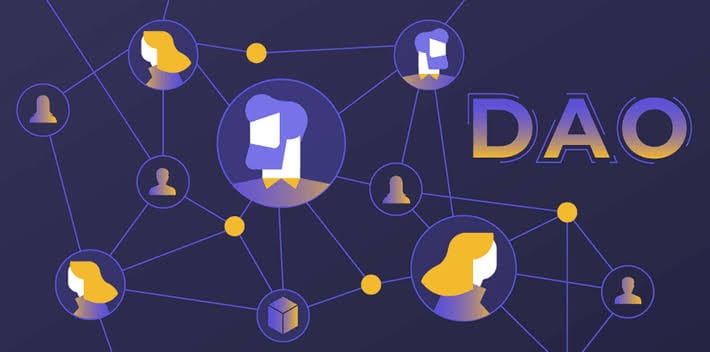
Decentralized Autonomous Organizations (DAOs) represent a paradigm shift in how organizations are structured and governed. Built on blockchain technology, DAOs operate without centralized control, relying on smart contracts and token-based voting to make decisions. As they evolve, DAOs are reshaping industries from finance to art, but they face significant challenges in governance, scalability, and legal recognition. This article explores the future of DAOs, their governance models, the hurdles they encounter, and how they are adapting to drive innovation.
What Are DAOs?
A DAO is a blockchain-based organization governed by code and community consensus rather than a traditional hierarchy. Members hold tokens that grant voting rights, enabling collective decision-making on proposals, funding, or operational changes. DAOs aim to democratize governance, increase transparency, and reduce reliance on intermediaries. Since the first DAO, "The DAO," launched in 2016, the concept has grown, with over 13,000 DAOs managing billions in assets by 2025, according to DeepDAO.
Governance Models: Successes and Failures
DAO governance varies widely, with models tailored to specific goals. Here are some notable examples:
Successful Governance Models
- MakerDAO: MakerDAO, which governs the DAI stablecoin, uses a robust voting system where MKR token holders propose and vote on protocol changes, such as adjusting interest rates. Its success lies in clear incentives—MKR holders benefit from DAI’s stability—and a structured governance framework that balances decentralization with efficiency. MakerDAO’s ability to weather market volatility, like the 2020 crypto crash, highlights its resilience.
- Uniswap: The decentralized exchange Uniswap employs a governance model where UNI token holders vote on protocol upgrades and treasury allocations. Uniswap’s gradual decentralization, with initial control by a core team transitioning to community governance, has fostered trust and scalability. Its 2024 decision to distribute trading fees to UNI holders boosted participation, showing how aligning incentives can strengthen governance.
- Aave: Aave, a DeFi lending protocol, combines token-based voting with a delegated governance system, where AAVE holders can delegate votes to trusted community members. This reduces voter apathy and ensures expertise in decision-making. Aave’s 2023 introduction of a safety module, where staked tokens absorb losses during hacks, strengthened community trust and showcased proactive governance.
Failed Governance Models
- The DAO (2016): The first major DAO, The DAO, raised $150 million but collapsed due to a smart contract exploit, losing a third of its funds. Its governance model lacked robust security audits and clear decision-making protocols, leading to a hard fork in Ethereum. This failure underscored the need for secure code and defined governance rules.
- SushiSwap: Early iterations of SushiSwap suffered from governance disputes and founder exits. In 2020, the anonymous founder, Chef Nomi, withdrew funds from the treasury, eroding trust. Weak governance structures and unclear leadership roles led to community fragmentation, though later reforms stabilized the project.
- YAM Finance: Launched in 2020, YAM Finance aimed to create a fair-launch DeFi protocol but collapsed within days due to a bug in its rebasing mechanism, wiping out $750,000 in user funds. Its governance model, rushed and untested, failed to anticipate technical risks, underscoring the dangers of prioritizing speed over diligence.
Emerging Trends
Despite their promise, DAOs face significant hurdles:
- Governance Participation: Low voter turnout is a persistent issue. In many DAOs, less than 10% of token holders vote on proposals, per DeepDAO data. This leads to decisions dominated by a few large holders, undermining decentralization. Solutions like quadratic voting, which gives smaller holders disproportionate influence, are being tested but remain experimental.
- Legal and Regulatory Uncertainty: DAOs operate in a legal gray zone. Most jurisdictions don’t recognize DAOs as legal entities, complicating taxation, liability, and compliance. For example, the U.S. Securities and Exchange Commission (SEC) has scrutinized DAOs for issuing unregistered securities. Wyoming’s 2021 DAO law, which grants DAOs limited liability company status, is a step forward, but global adoption lags.
- Security Risks: Smart contract vulnerabilities remain a critical threat. In 2023, over $500 million was lost to DeFi and DAO hacks, according to Chainalysis. Regular audits and bug bounties are essential, but smaller DAOs often lack resources for these measures.
- Scalability and Efficiency: As DAOs grow, decision-making can become slow and cumbersome. Proposals often take weeks to pass, hindering agility. Layer-2 solutions and off-chain coordination tools like Discord or Discourse are helping, but scaling governance without sacrificing decentralization remains a challenge.
The Evolution of DAOs
DAOs are adapting to these challenges through innovation and experimentation:
- Modular Governance: DAOs are moving toward modular frameworks, allowing communities to mix and match governance tools. For example, Colony enables task-based DAOs where reputation scores, not just token ownership, influence voting power, encouraging active contribution.
- Real-World Applications: Beyond crypto, DAOs are entering sectors like real estate and philanthropy. CityDAO experiments with collective land ownership, while Gitcoin DAO funds open-source software. These use cases show DAOs’ potential to disrupt traditional industries, though they require clearer legal frameworks.
- AI and Automation: AI is enhancing DAO efficiency. Tools like DeepDAO use AI to analyze governance patterns, while some DAOs integrate AI-driven oracles to automate routine decisions, such as treasury rebalancing. However, over-reliance on AI risks centralizing control, requiring careful design.
- Community-Driven Innovation: DAOs are fostering ecosystems of experimentation. MolochDAO, focused on Ethereum infrastructure, pioneered rage-quit mechanisms, allowing dissenting members to exit with their share of funds, reducing conflicts. Such mechanisms are now widely adopted.
The Future of DAOs
The future of DAOs hinges on solving governance, legal, and technical challenges while preserving their decentralized ethos. By 2030, DAOs could manage trillions in assets and influence sectors from governance to supply chains, provided they achieve:
- Inclusive Governance: Tools like quadratic voting and reputation systems can boost participation and reduce plutocracy.
- Legal Clarity: Global frameworks recognizing DAOs as legal entities will unlock mainstream adoption.
- Robust Security: Advances in formal verification and decentralized insurance will mitigate risks.
- Interoperability: Cross-chain DAOs, enabled by protocols like Polkadot, will enhance collaboration across blockchains.
However, DAOs must avoid over-centralization. Proposals for “DAO councils” or executive teams, while efficient, risk recreating traditional hierarchies. Balancing agility with decentralization will be critical.
Conclusion
DAOs are poised to transform how we organize, collaborate, and innovate. Success stories like MakerDAO and Uniswap demonstrate the power of decentralized governance, while failures like The DAO and YAM Finance underscore the need for rigor. As DAOs tackle participation, legal, and technical challenges, their evolution—through modular governance, AI, and real-world applications—promises a future where collective decision-making is transparent, inclusive, and resilient. Yet, their success hinges on preserving the decentralized principles that make them revolutionary.
References
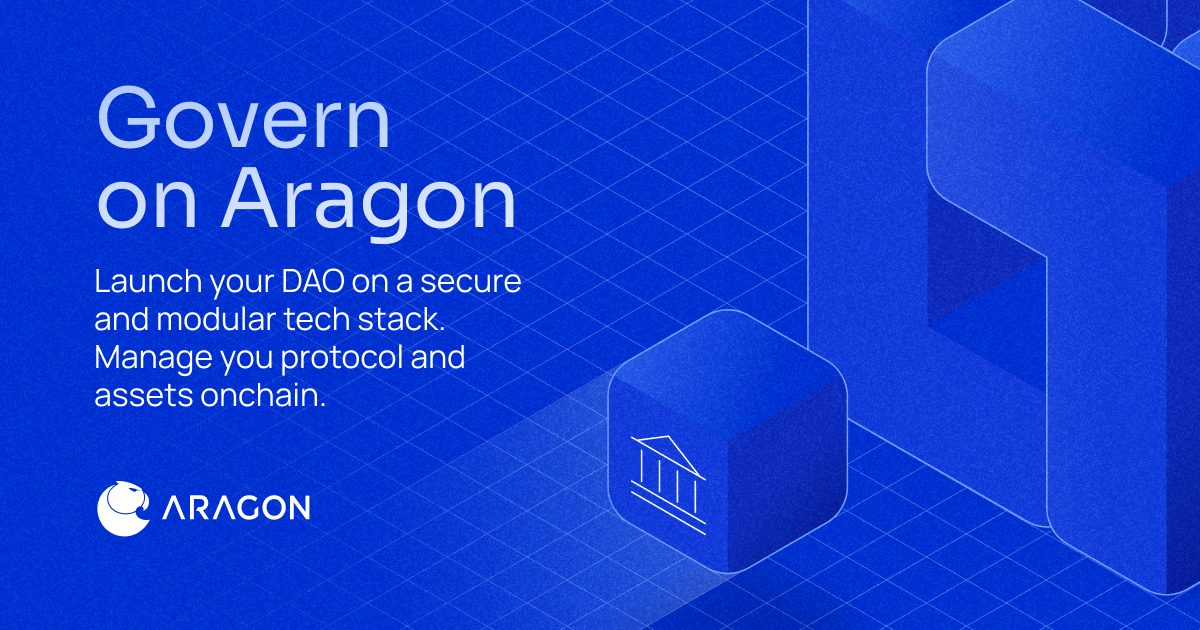
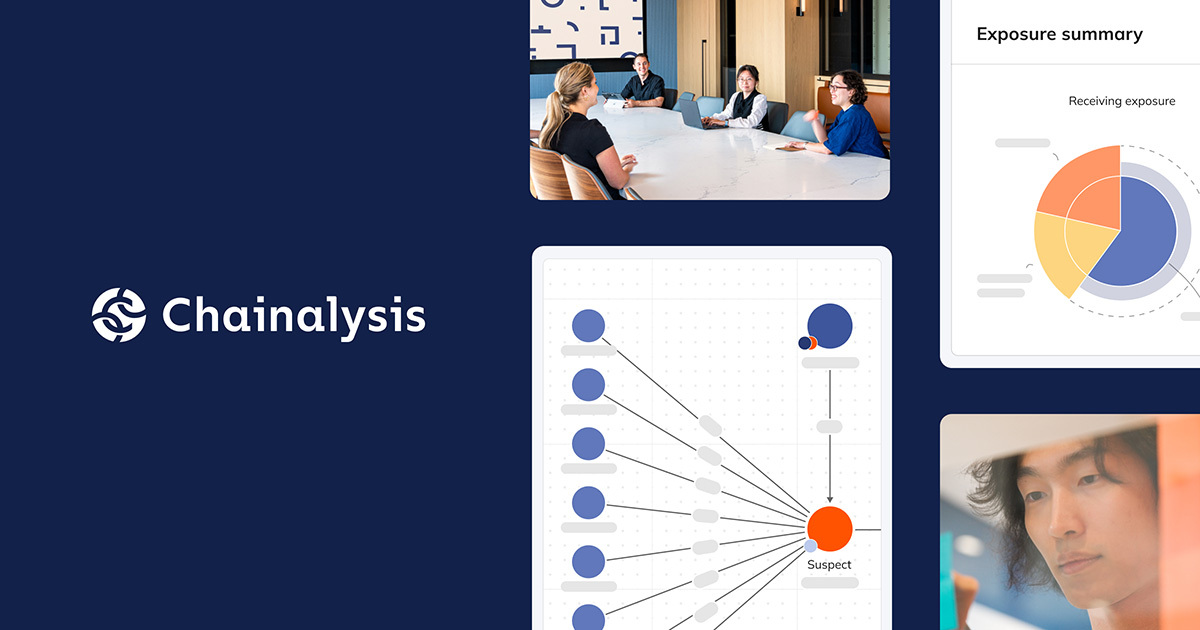
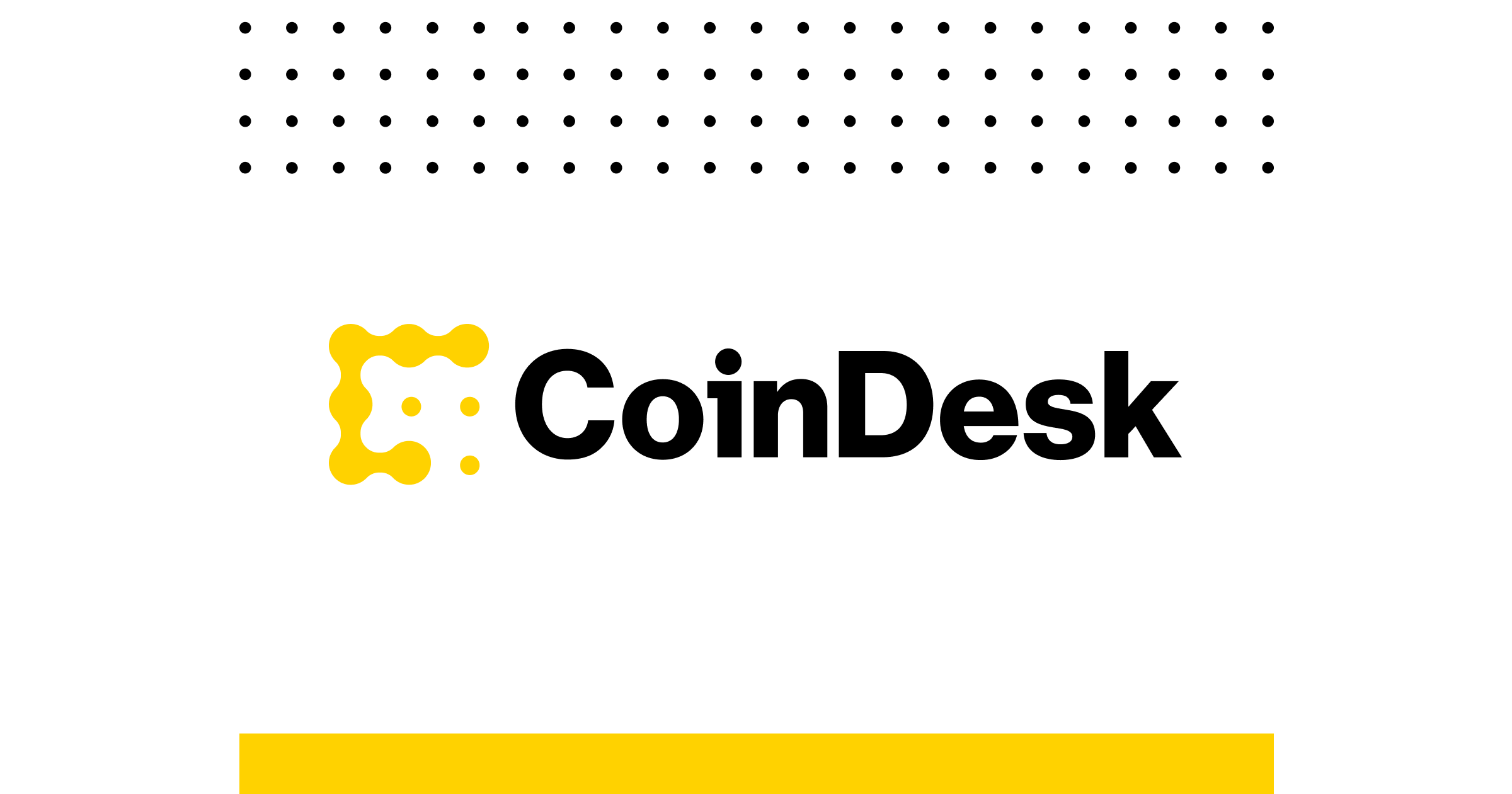

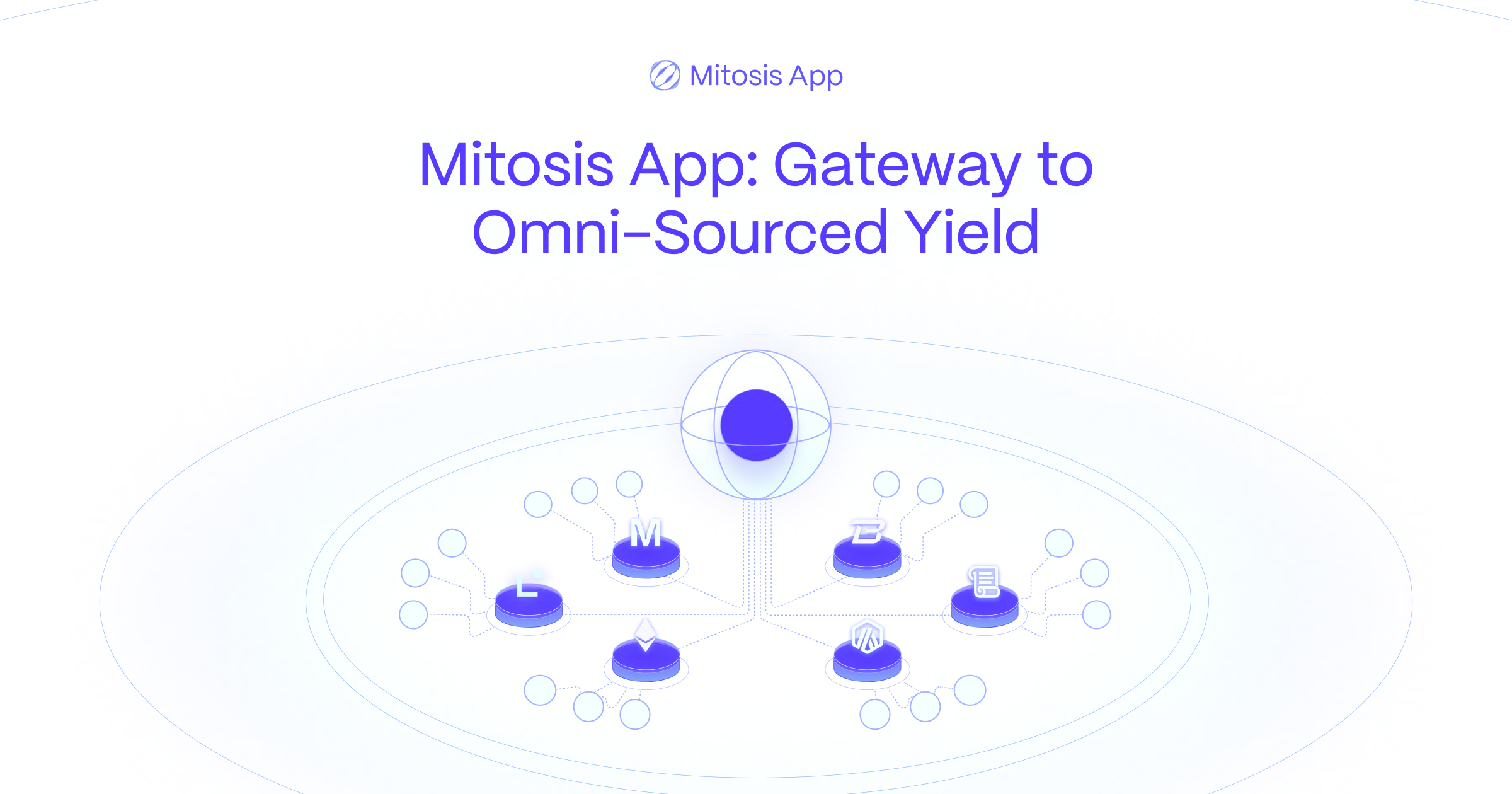





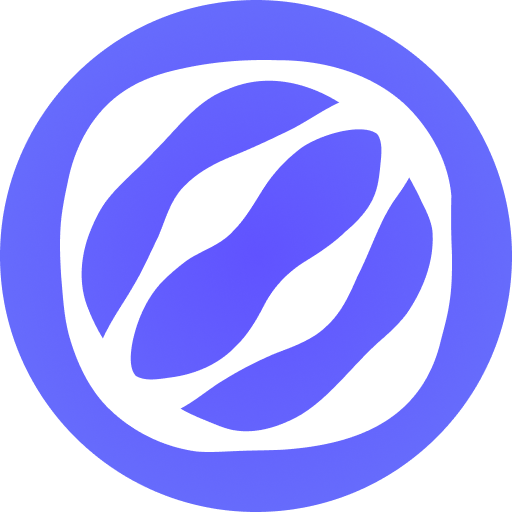

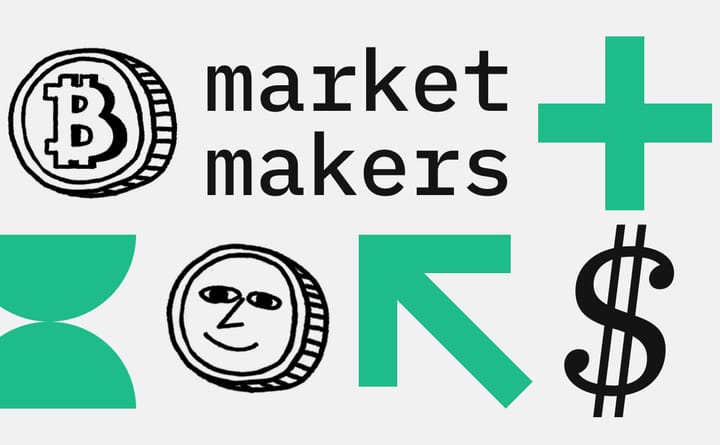
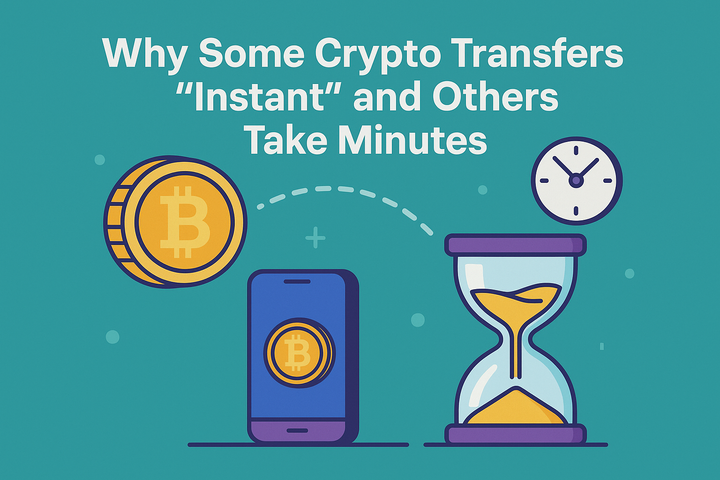
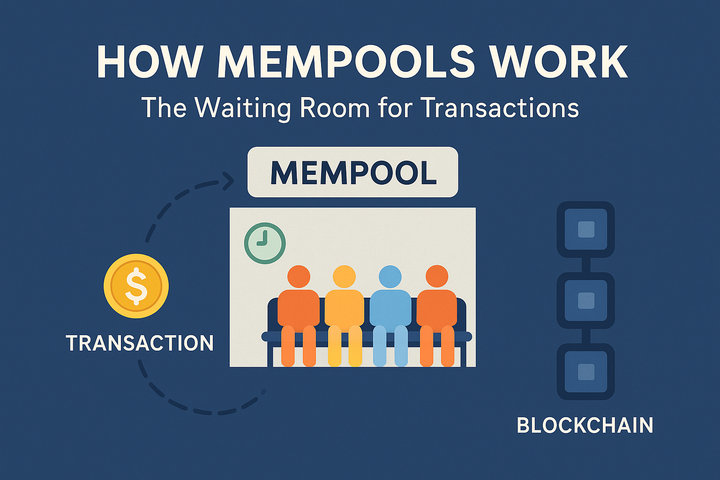
Comments ()